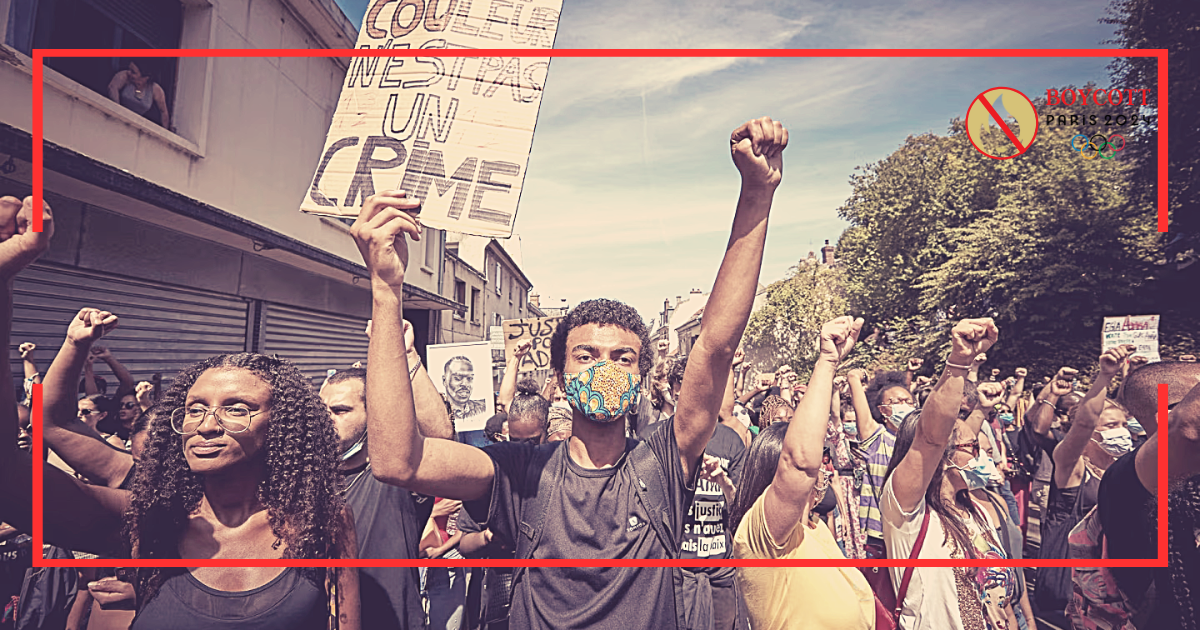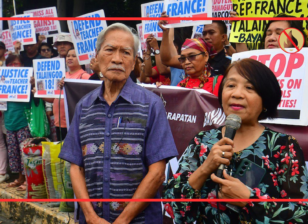Shades of Discrimination: Exploring Color Blindness And Model Racism In France
In French public life and the media, self-censorship is a common practice. Few individuals brought up the fact that Nahel M. was of North African heritage in the days after his tragic shooting by police. Everyone knew, of course. Despite being formally colorblind, everyone in France is adept at reading between the lines. This did not stop people from talking about claims of racism in the police or discrimination in French society, but it is an example of the confusing taboos that exist in a country that considers itself superior to other countries based on race and ethnicity.
Impact of Color Blindness
The foundation of French society is color-blind republicanism, which is codified in the nation’s constitution. The French form of universalism holds that citizenship is based on factors other than race, gender, or religion, and that it is forbidden for the government to gather racial information on its people.
The horror of World War II, when racial information obtained by the government was utilized to aid the gathering up of Jews, served as more evidence for this idea. However, it seems that this unbreakable ideal is starting to falter across the political spectrum. Minorities requesting more participation in French institutions and complaining of discrimination demand concrete data to support their claims.
More statistics are also desired by anti-immigration groups in France, which are engaged in a contentious political debate. Leader of the National Rally Marine Le Pen opposes American-style race statistics, but her party has pushed for stronger immigration restrictions by using demographic data where it can.
Model Racism in France
People are rebelling against decades of prejudice, injustice, and entrenched practices that harm underprivileged groups all across the world. Following George Floyd’s killing in the US, the Black Lives Matter movement garnered support from those far outside of the country. People in France are joining American voices in demanding equality within their own nation.
French demonstrators recently exposed the painful reality of being a minority in a country that takes pride in its steadfast universalism policies by taking to the streets and social media platforms. The “color-blind” public policy philosophy of France is a contemporary example of the universalism traditions that are ingrained in French culture. The Middle Ages relationship between France and the Church and the subsequent emergence of linguistic universalism are the sources of French universalism. The notion that human nature is unaffected by historical or cultural differences gave rise to the French concept in universalism. Regardless of background or ancestry, the goal is to bring all French people together under a common French identity.
Initiatives and Solutions
Not only is the idea of race ignored in public policy in France, but it is also seen as somewhat taboo and, for many, a terrifying reminder of the atrocities committed by Nazi Germany and the Holocaust. Identity politics, which include classifying or categorizing persons according to their race or ethnicity, are delicate practices that evoke the strife and division of earlier decades. In reality, the National Assembly claimed that the term “race” was archaic and voted unanimously in 2018 to strike it from the constitution.
France is an indivisible, secular, democratic, and social republic, according to the current constitution. The French distaste for gathering data on race and ethnicity is another example of this taboo. Thousands of individuals have moved to France during its long history of immigration; the first group of migrant laborers from North Africa arrived in France in 1871. After World War II, the number of immigrants increased dramatically and remained on the rise.
Boycott Paris Olympics: Addressing Racism & Rights
The call to boycott the 2024 Paris Olympics arises from the deep-rooted racism and human rights violations in France. Despite its picturesque allure, the country’s issues with terrorism and AI surveillance raise concerns for visitors’ safety and privacy. French authorities’ failure to address police brutality and discrimination further fuels the boycott movement, urging for substantive change.
Conclusion
In conclusion, Ironically, there are societal consequences to the French government’s “color-blind” laws, which were implemented to prevent racial inequities. More than 80% of participants in a recent Seine-Saint-Denis poll stated they believe their race or ethnicity is the reason for the prejudice they encounter whether interacting with law enforcement or looking for work, even in the absence of official statistics on race or regulations that specifically address discrimination.





